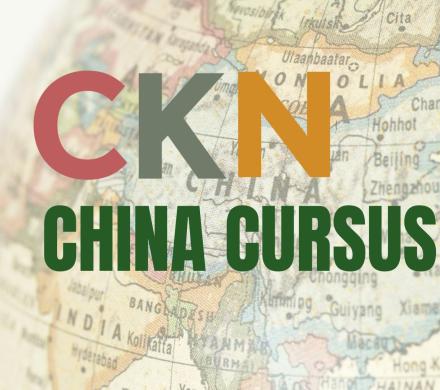Chinese influence and interference in the Dutch media landscape

Dutch
Onderzoekers Brouwers en Kamerling hebben tientallen (voormalige) Nederlandse correspondenten, nieuwsredacteuren en medewerkers van Chinese media in Nederland geïnterviewd over de mate waarin zij proberen ervaren van China’s invloed en bemoeienis in hun werk.
Het doel van dit onderzoek is om inzicht te krijgen in de mate van Chinese beïnvloeding en inmenging in het Nederlandse medialandschap. Verschillende verschijningsvormen en door China toegepaste instrumenten en tactieken worden belicht. Dit rapport richt zich op drie verschillende aspecten van beïnvloeding:
1. Werkcondities van Nederlandse correspondenten in China;
2. Chinese beïnvloeding en inmenging in het Nederlandstalige medialandschap in Nederland;
3. Chinese beïnvloeding en inmenging in Chineestalige en diasporamedia in Nederland.
De hoofdconclusie is dat China zich – zowel binnen de grenzen van de Volksrepubliek China als in Nederland - richt op een uitputtingsslag van kritische stemmen over China (het chilling effect), zodat zij minder actief worden, overstemd raken of helemaal opgeven. Dat raakt zowel correspondenten in China als specifieke groepen in Nederland. China is één van de meest geavanceerde actoren in transnationale repressie wereldwijd. Dit uit zich ook in Nederland, met name bij mensenrechtenactivisten, niet-Han Chinese diaspora en Chinese studenten.
English
The aim of this study is to understand the extent of Chinese influence and interference in the Dutch media landscape. Different manifestations and tools and tactics used by China are highlighted. This report focuses on three different aspects of influence:
The report examines three different areas:
1. Working conditions for Dutch journalists in China.
2. China’s influence and interference in Dutch-language media.
3. China’s influence and interference in Chinese-language media in the Netherlands.
The main conclusion is that China is targeting by attrition – both within its borders and in the Netherlands – critical voices about China (the so-called chilling effect), to diminish the activity of critical voices, causing them to be drowned out or to give up entirely. This affects both correspondents in China and specific groups in the Netherlands. China is one of the most sophisticated actors in transnational repression worldwide. This also manifests itself in the Netherlands, especially among human rights activists, non-Han Chinese diaspora and Chinese students.
China Knowledge Network
The Dutch China Knowledge Network (CKN) is a network established to involve China experts and disseminate knowledge within the government of the Netherlands and beyond.Our key task is to connect various angles of research and events to better understand China’s motives, policies and vision to develop more effective policies and better advise social partners. The secretariat of the knowledge network has been assigned to think tank Clingendael together with LeidenAsiaCentre. They will function primarily as ‘knowledge brokers’, matching the supply and demand of knowledge.

LeidenAsiaCentre
The aim of the LeidenAsiaCentre is to generate academic knowledge on modern East Asia that can find societal applications in the Netherlands. The LeidenAsiaCentre focuses primarily on East Asia: China (including Taiwan), Japan, Korea and Singapore, but is expanding its focus to include South and Southeast Asia, notably India and the Indo-Pacific. As an independent NGO by Dutch law, the LeidenAsiaCentre identifies topics related to social-economic and political developments within Asia that are of relevance for the Netherlands and Europe at large.



